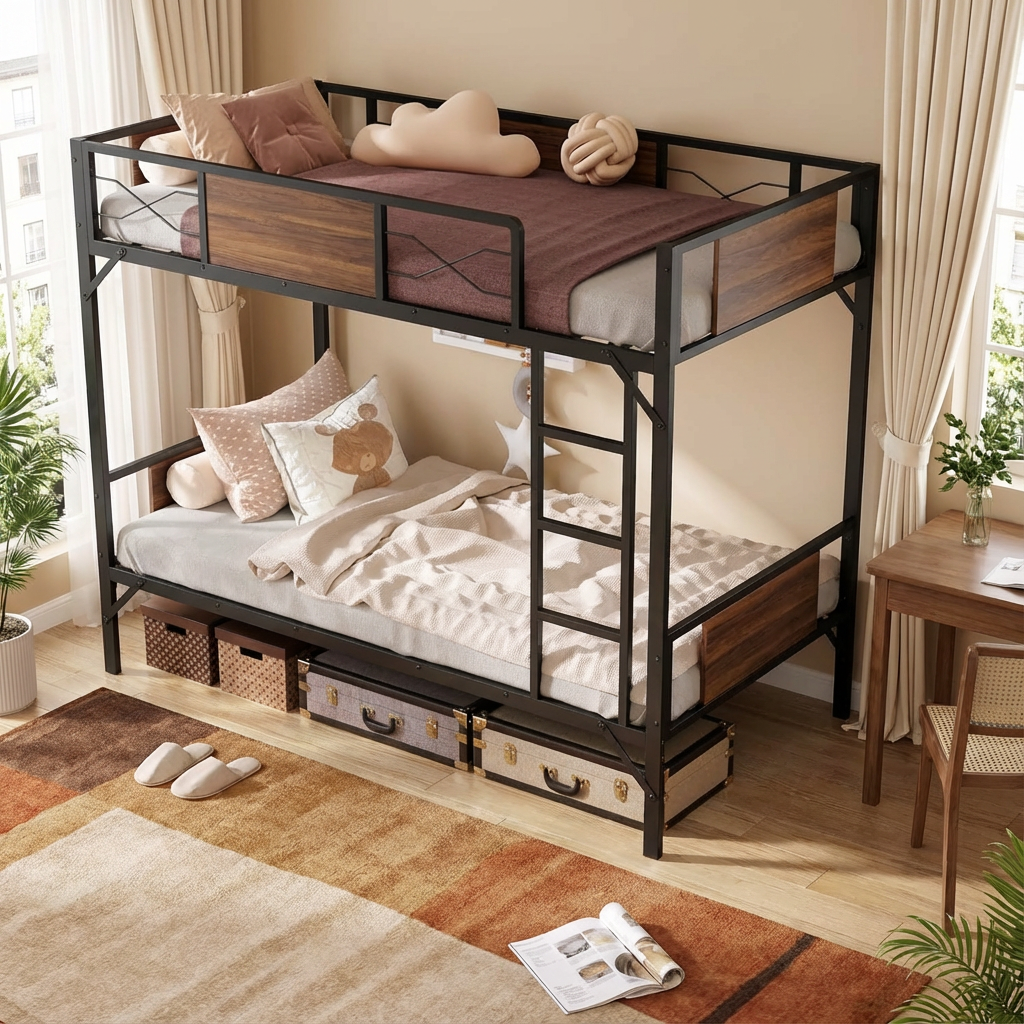The rapid rise of e-commerce has transformed nearly every industry, and the furniture sector is no exception. Traditionally, furniture was sold through physical showrooms, where customers could see and test products before making a purchase. Today, platforms such as Amazon, Wayfair, and Alibaba have revolutionized how furniture is marketed, sold, and delivered, creating a completely new supply chain model.
The Shift from Offline to Online
E-commerce platforms have significantly shortened the distance between manufacturers and end-users. Instead of relying solely on distributors or large retailers, furniture makers can now connect directly with online sellers, resellers, and even consumers worldwide. This shift has encouraged suppliers to focus not only on product quality but also on packaging, logistics, and adaptability to online marketplaces.
Faster Market Response
Online platforms demand speed. Trends change rapidly, and sellers must be able to adjust their product offerings quickly. For furniture manufacturers, this means developing flexible production lines and customizable designs that allow clients to adapt to consumer preferences in real time. E-commerce has accelerated product development cycles, pushing suppliers to innovate faster than ever before.
Increased Focus on Logistics and Packaging
Furniture is traditionally bulky and expensive to ship. With the rise of e-commerce, suppliers are challenged to create products that are flat-packed, easy to assemble, and cost-effective to transport. This change has influenced the entire supply chain, from design to material selection, encouraging the use of steel-wood structures and modular designs that minimize volume while maintaining strength and style.
Data-Driven Supply Chains
E-commerce platforms also generate valuable consumer insights. Online reviews, search data, and purchasing patterns allow sellers and manufacturers to identify which furniture designs are gaining popularity and which features are most desired. This data-driven approach helps suppliers anticipate demand more accurately, reducing waste and optimizing production schedules.
Greater Global Reach
One of the biggest advantages of e-commerce platforms is their global reach. A small furniture workshop can now serve customers in multiple continents with the right supply chain setup. For manufacturers, this requires aligning with international standards, certifications, and logistics partners to ensure smooth cross-border operations.
Challenges for Suppliers
While opportunities abound, e-commerce-driven supply chains also pose challenges:
Price competition is intense, requiring suppliers to balance affordability with quality.
Lead time pressures demand efficient production and inventory management.
Customer expectations for fast delivery and hassle-free returns push suppliers to upgrade their service models.
The Future of the Furniture Supply Chain
Looking ahead, e-commerce will continue to reshape the furniture industry. Manufacturers that invest in customization, sustainable materials, and flexible supply chain management will have a competitive edge. Collaborations between suppliers and online sellers will deepen, with an emphasis on building long-term partnerships that prioritize speed, quality, and adaptability.
E-commerce platforms are not just sales channels—they are redefining the way furniture is designed, produced, and delivered. For manufacturers and B2B clients, adapting to this new model is no longer optional but essential for success.
At Delux Furniture, we understand the unique demands of e-commerce sellers and wholesalers. Our steel-wood furniture solutions are designed with flat-pack structures, customizable features, and durable quality, making them ideal for online distribution. By aligning with the needs of modern e-commerce supply chains, we help our partners stay ahead in a fast-changing global market.





